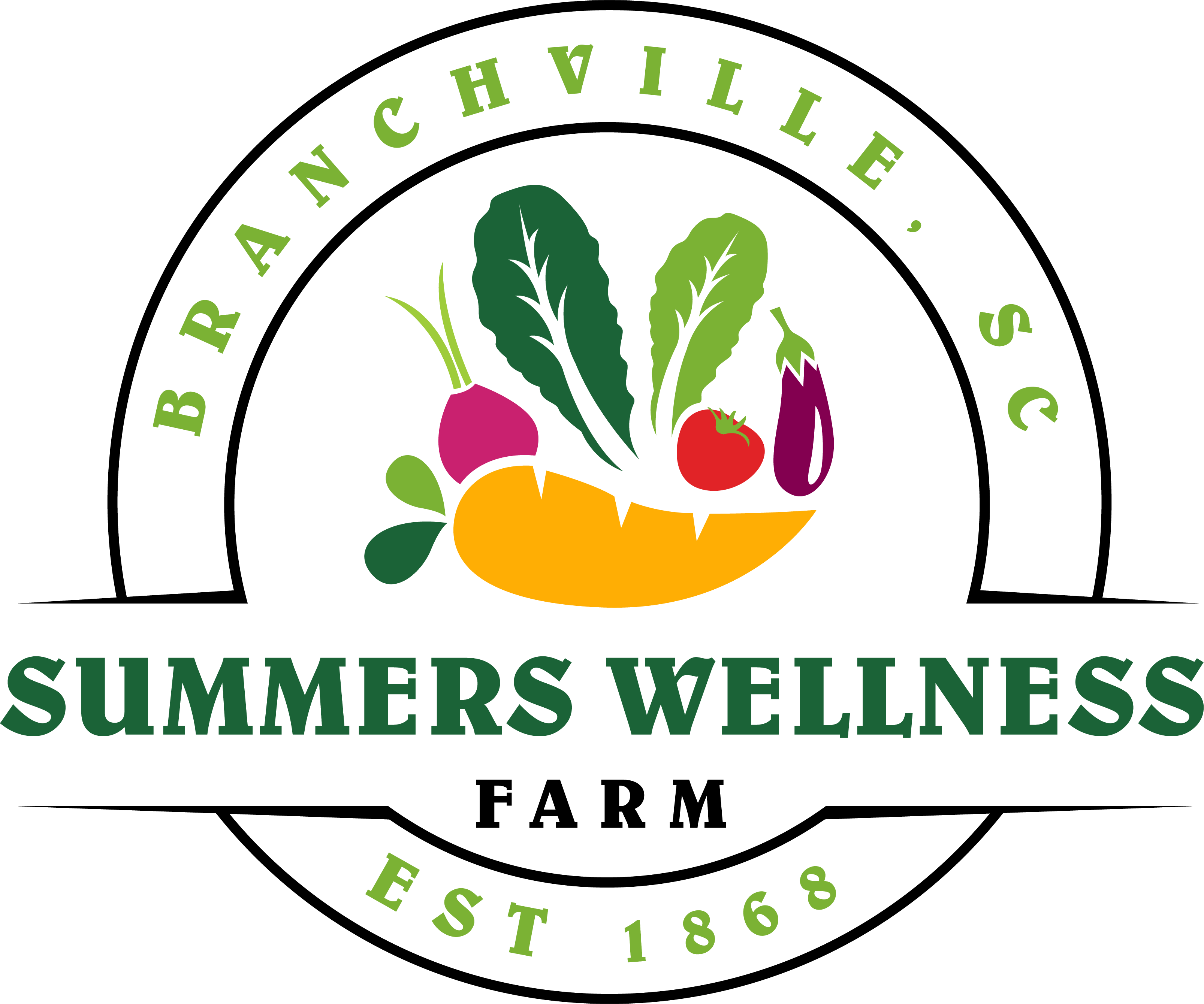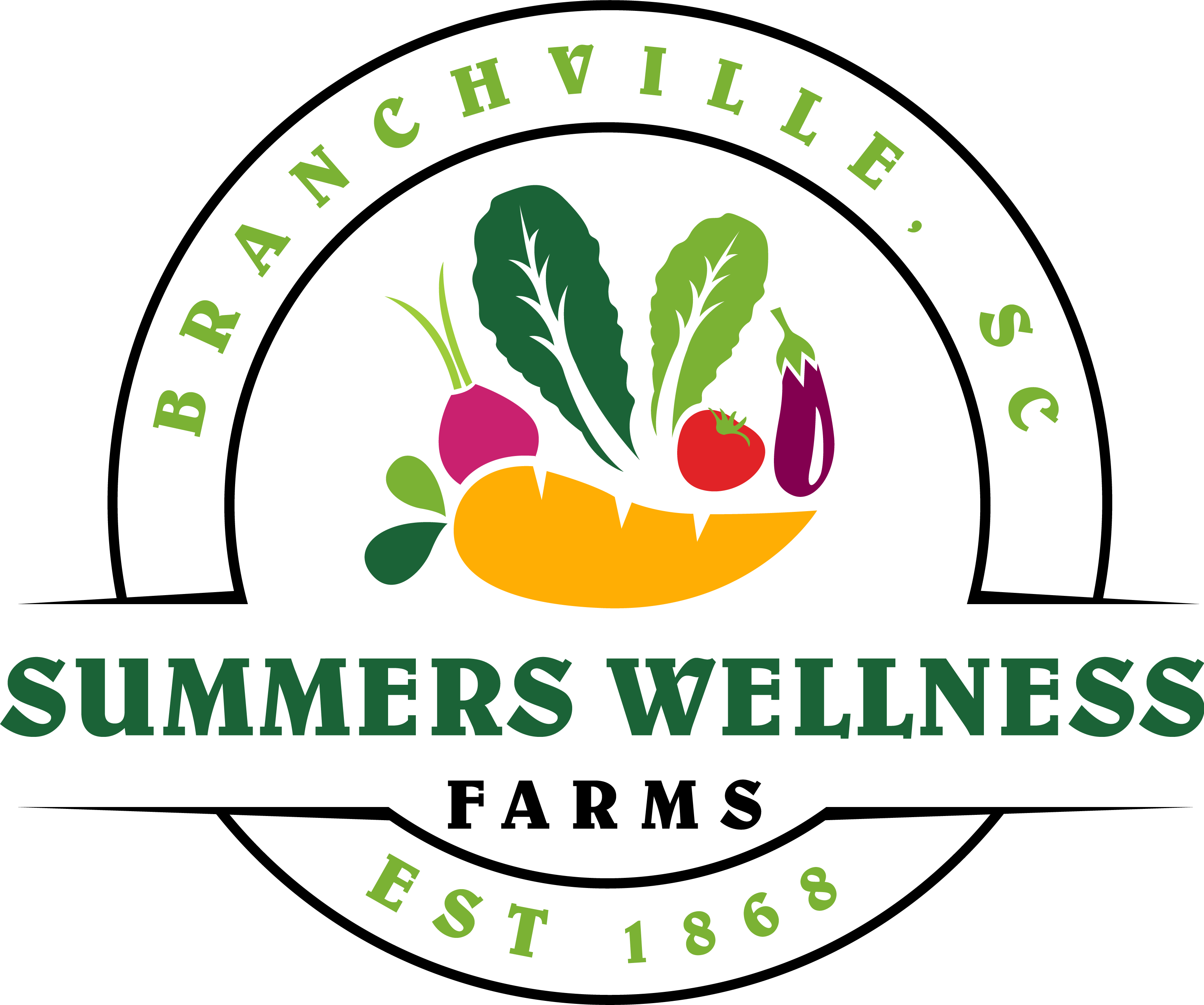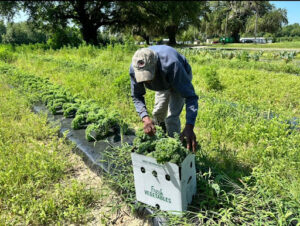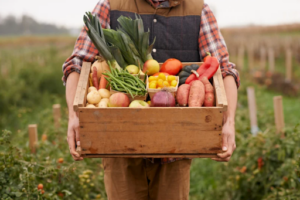Home » Everything You Need to Know About Washing Organic Vegetables
Everything You Need to Know About Washing Organic Vegetables
One of the most significant advantages of choosing organic vegetables is knowing that they are free from harmful pesticides and chemicals, making them a healthier option for your business. However, even though organic produce is grown without synthetic chemicals, it still requires thorough washing to remove dirt, bacteria, and any natural residues. But how exactly should you wash organic vegetables to ensure they are clean and safe to eat?
Don’t compromise on freshness—get your organic vegetables from Summers Wellness Farm and start enjoying cleaner, healthier meals!

Keeping It Clean: Why Washing Organic Vegetables is a Must
Even though organic vegetables are grown without chemical pesticides, they can still carry bacteria, dirt, or residue from natural fertilizers used in the growing process. Organic farms may also use beneficial insects or other organic solutions, and these residues can linger on the vegetables. Additionally, vegetables may come into contact with contaminants during handling, transport, and storage. That’s why washing all produce, organic or not, is vital before eating it.
While washing doesn’t eliminate all bacteria or contaminants, it can significantly reduce the risk of ingesting harmful substances and improve the taste and texture of your vegetables. Now that we understand the importance of washing let’s dive into the best practices for getting your organic vegetables ready to eat. Make sure your veggies are as fresh as they are clean. Order now at Summers Wellness Farm for the best organic produce around!
Master the Art of Washing Organic Vegetables
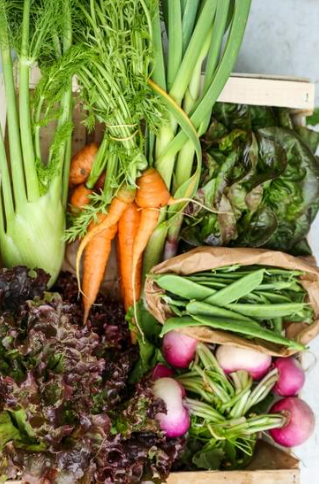
Here’s a step-by-step guide for washing different types of organic vegetables.
Leafy Greens (Lettuce, Spinach, Kale, etc.)
Leafy greens are often a magnet for dirt and debris, so they require a bit more attention when washing. Here’s how to properly wash them:
- Separate the Leaves: Start by removing any damaged or wilted leaves.
- Soak in Cold Water: Fill a large bowl with cold water and submerge the leaves. Let them soak for a few minutes to loosen dirt and debris. Gently agitate the water with your hands to help dislodge any trapped particles.
- Rinse Each Leaf: After soaking, rinse each leaf individually under cold running water to ensure that any remaining dirt is removed.
- Dry the Greens: Use a salad spinner to remove excess water, or pat the leaves dry with a clean towel. Dry greens stay fresher for longer and are easier to store.
Root Vegetables (Carrots, Beets, Radishes)
Root vegetables grow underground, so they often come with extra dirt attached. Here’s how to wash them properly:
- Scrub with a Brush: Use a vegetable brush or your hands to scrub root vegetables under cold running water. Make sure to remove any visible dirt on the surface.
- Peel if Desired: While peeling root vegetables is unnecessary, you can peel them after washing if you prefer. Keep in mind that the skin often contains nutrients, so it’s best to leave the peel on when possible.
- Dry and Store: After washing, dry the root vegetables with a towel or allow them to air dry before storing them in the fridge.
Craving fresh, clean root vegetables? Order yours today from Summers Wellness Farm and enjoy the best organic produce!
Fruiting Vegetables (Tomatoes, Peppers, Cucumbers)
Fruiting vegetables like tomatoes, peppers, and cucumbers don’t need as much scrubbing as root vegetables, but it’s still important to rinse them thoroughly. Here’s how:
- Rinse Under Cold Water: Simply hold the vegetable under cool running water and gently rub the skin to remove dirt or any residual wax.
- Avoid Soap or Chemical Cleaners: Never use soap, bleach, or commercial vegetable washes. These can leave behind residues that are harmful to your health and unnecessary for washing organic produce.
- Dry and Enjoy: After rinsing, dry the fruiting vegetables with a clean towel or paper towel before using or storing them.
Cruciferous Vegetables (Broccoli, Cauliflower)
Cruciferous vegetables like broccoli and cauliflower have dense, compact heads where dirt and debris can hide. Here’s the best way to
wash them:
- Soak in Salt Water: Fill a large bowl with cold water and add a small amount of salt (about one tablespoon per liter of water). Submerge the vegetable in the solution and let it soak for 5 to 10 minutes. The salt water helps to loosen dirt and any hidden insects.
- Rinse Under Cold Water: After soaking, rinse the vegetable under cold running water to remove any remaining dirt or salt.
- Dry: Pat the broccoli or cauliflower dry with a towel or paper towel, especially if you plan to store them in the fridge.
Tips for Washing Your Organic Produce Like a Pro
- Avoid Using Soap or Commercial Vegetable Washes: Many people mistakenly think they must use soap or chemical-based vegetable washes to clean their produce. These products are unsafe to use and can leave harmful residues on your food. Simply use water to wash your organic vegetables.
- Use a Clean Sink or Bowl: Ensure your sink or bowl is clean before washing your produce. Any leftover bacteria or contaminants can transfer to your vegetables, undoing all your efforts.
- Don’t Wash Until You’re Ready to Use: While washing your organic vegetables is important, it’s best not to wash them until you’re ready to use them. Excess moisture can promote mold growth, especially in delicate greens.
Properly Drying Organic Produce for Longer Freshness
Drying your vegetables after washing is just as important as washing them in the first place. Excess moisture can cause them to spoil faster. Use a clean towel, paper towels, or a salad spinner to remove excess water before storing your vegetables. Dry vegetables also store more efficiently and last longer in the fridge.

Indulge in Fresh, Clean Organic Vegetables Today!
Now that you know how to wash your organic vegetables properly, you can enjoy the peace of mind that comes with knowing your food is clean and safe. Proper washing not only ensures that you’re eating fresh, healthy produce but also helps maximize your vegetables’ shelf life.
If you’re ready to enjoy the freshest, cleanest organic vegetables delivered straight to your door, look no further than Summers Wellness Farm. We pride ourselves on offering high-quality, organic produce grown with care and harvested at peak freshness. Whether preparing a salad, making a hearty vegetable stir-fry, or adding fresh greens to a smoothie, our organic produce will give you the best flavor and nutrition. Order today from Summers Wellness Farm and enjoy the freshest organic vegetables around!
